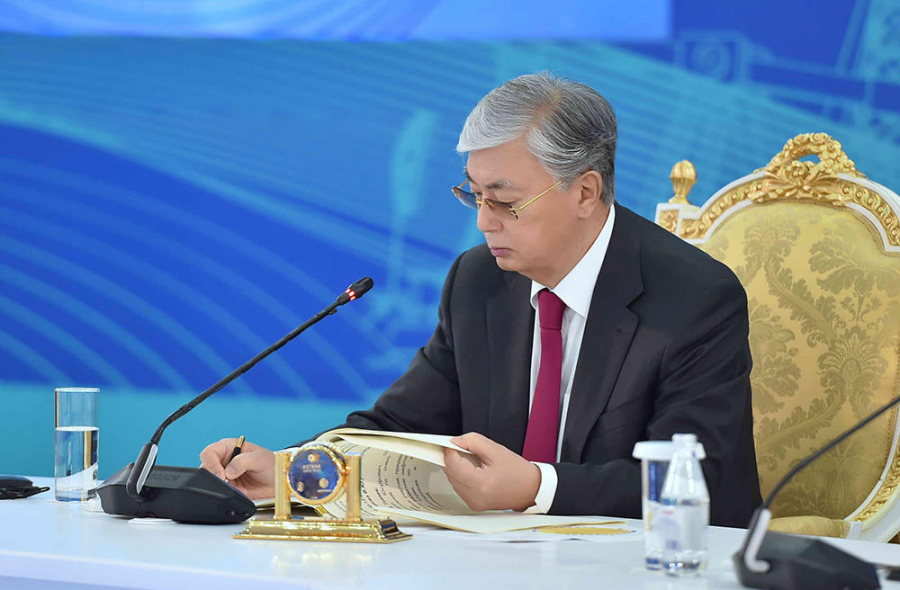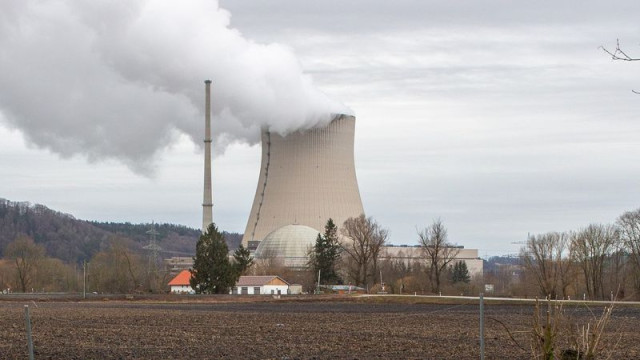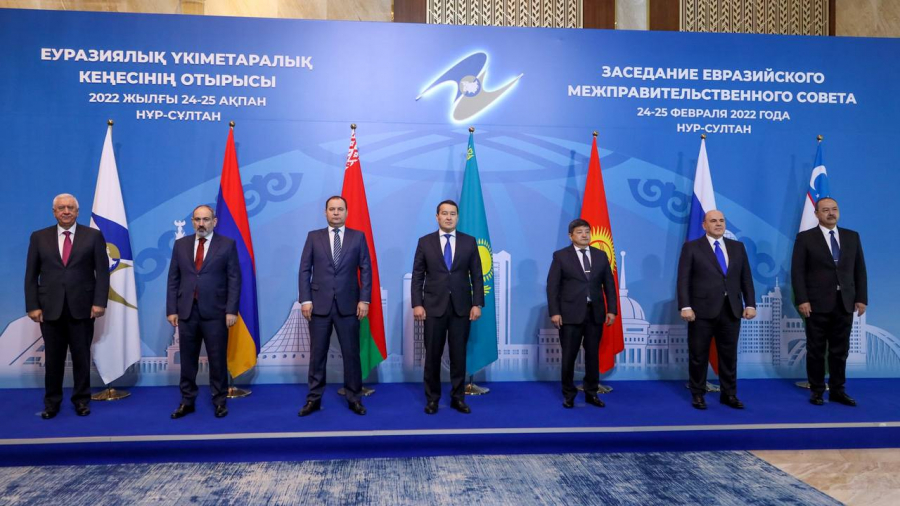
President Kassym-Jomart Tokayev participated in the Third
United Nations Conference on Landlocked Developing Countries. Ahead of the
official opening ceremony, the heads of state of Central Asia held a meeting to
discuss priority areas for further regional cooperation. Tokayev emphasized
that cooperation is the most important step toward development for landlocked
nations. Speaking at the conference, he noted that limited regional transport
connectivity remains a major challenge for such states, leading to high transit
and trade costs, as well as vulnerability to geopolitical factors. Ultimately,
this affects the competitiveness of these countries and impacts the living
standards of their populations - more than half a billion people living in 32
landlocked nations.
«Many LLDCs face water scarcity, glacier loss,
desertification and other extreme weather events. Addressing these challenges
requires coordinated regional efforts and strong international support. At the
same time, I believe that climate action should remain balanced and inclusive,
matching the legitimate development needs of nations. To strengthen our joint
climate efforts, I invite all of you to take part at the Regional Ecological
Summit to be held in Astana in partnership with the United Nations in April
next year,» Tokayev said.
He also highlighted Central Asia’s experience, noting that
it clearly demonstrates that geography does not determine destiny. The region
is confidently transitioning from being “landlocked” to becoming “land-linked.”
This progress is the result of political will, strategic investment, and
international partnership.
«We have placed priority on developing transport corridors
and transit infrastructure, along the North-South route and Middle Corridor.
Our long-term goal is a seamless network of rail, road, air and logistics
centers. This will increase Kazakhstan’s position as the Eurasian transit hub,
which now provides nearly 85% of all continental traffic between Asia and
Europe. We are also investing in digital connectivity,» Tokayev added.
He noted that Kazakhstan had taken a leading role over two
decades ago by hosting the First UN Conference on Landlocked Developing
Countries. Today the country supports the Awaza Programme of Action as a
roadmap towards an inclusive and sustainable future. This initiative should
receive support from countries and investment in transport, energy, and digital
infrastructure.









